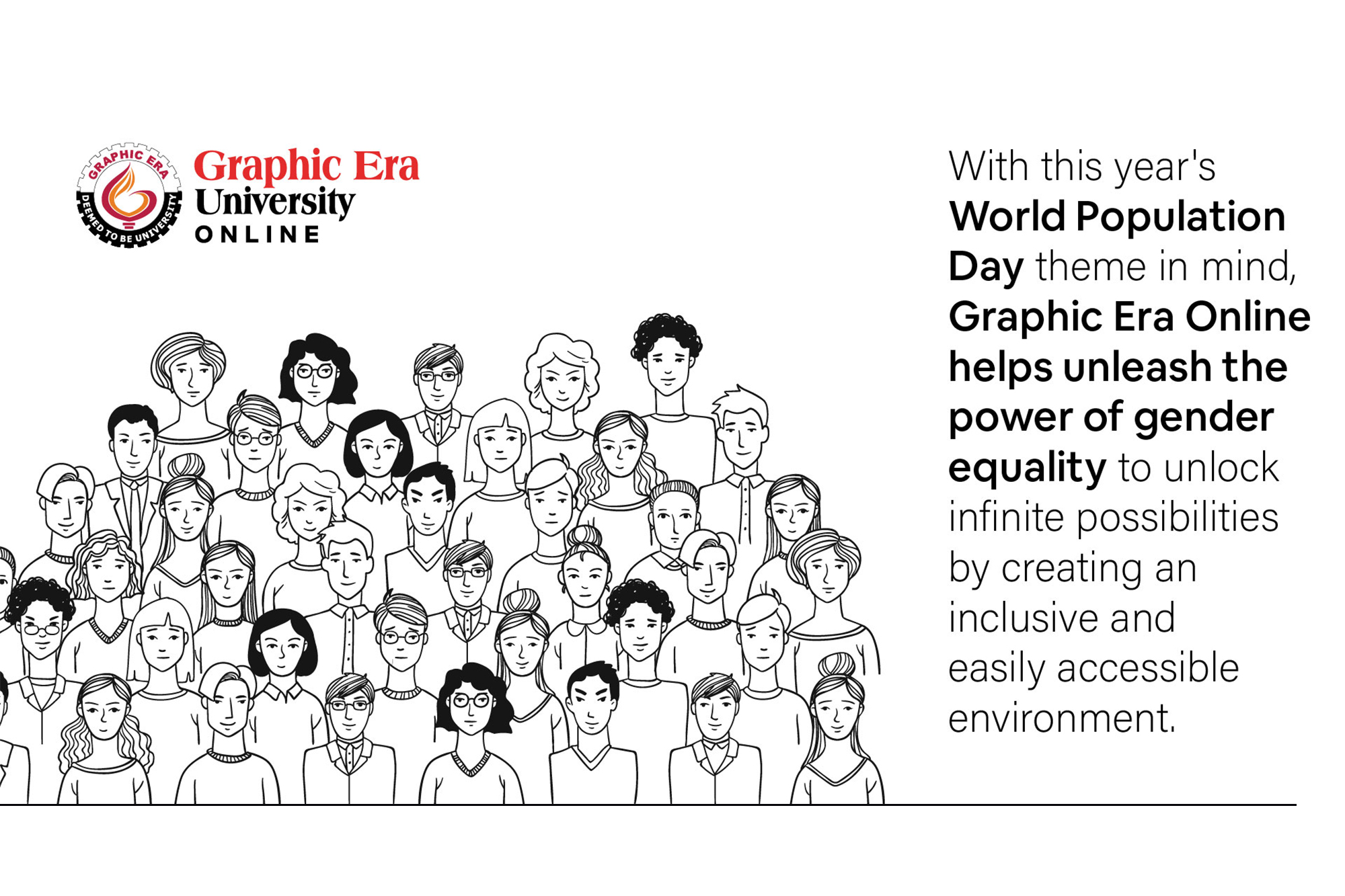We all know about the great recession of 2010 the economy at large had started showing signs of falling apart, most of the graduate degrees were proffered worthless, and many graduates were forced to take any job they could find.
“A recession is a period of slowed down economic activity, which could last for months or couple of years.” In layman term, recession is a period when demand for goods and services starts declining, supply is at surplus, consumer expenditure goes down, and companies stop manufacturing goods on large scale, resulting in slow economy and unemployment.
In this blog, we will discuss in detail how the recession affects the journey of a fresh graduate.
Is there an opportune time to graduate?
For a student who has just graduated with no prior work experience, the answer to this question will be yes.
And if this fresh graduate has no fall-back option like a family business or does not have any other secondary money-earning skill other than this degree then the answer is surely yes.
Let us look in detail at the problems faced during recession from a student’s viewpoint.
First & foremost
The most pressing problem for a fresh graduate is placement and salary package, but the problem at hand is bigger than a small starting salary. Every hiring company which visits a college during a recession for placement is on a cost-cutting mode which makes the interview and selection procedure more rigorous. With fewer jobs and widespread unemployment, there is an added pressure on fresh graduates to accept any job, regardless of their interests, education, and aspirations.
Higher Education
The dearth of job opportunities in the market during recession compels students to opt for higher studies because they feel more specialized skills will fetch them a better job and give them an edge over others.
Student Loan
Further, students face a lack of financial help from colleges as during this period colleges cut down on their offering of grants and scholarship. Recession leads to mass layoffs which often leads to less earning members in the student’s family thus leaving them with shortage of money at their disposal for spending on education. Leaving student with the only option to take a student loan. Student loans come with their own concern of high-interest rates and substantial timely repayment of debt.
Hefty Tuition fees & Limited choice in subjects
In times of recession, the many aids and grants provided to both public and private colleges by government are also withdrawn due to which the colleges are forced to hike their tuition fees. Thus, students must pay more for higher education. At the same time, college also removes many course subjects which are not mainstream, or job-oriented, thus leaving students with limited choice in subjects.
Sure-fire Job courses
To take advantage of the situation many profit-making private education institutions come up with “sure-fire job” courses. These self-proclaimed courses are offered to students at higher prices than what other public and private colleges have to offer.
Long-run struggle
Recession postgraduates and graduates face trouble launching their careers during recession. Many students who graduated during a monetary crisis in the past agree that they had meek chances of making it to the top of the corporate ladder and feel they could have done better had they graduated when the economy was up and running.
Interesting Facts!
A study by a University in Europe reveals that fresh graduates who joined a job during the recession were more likely to count their blessings as they had their share of difficulties early in their careers; So rather than cribbing about their current job situation or missed opportunities, they tend to enjoy greater job satisfaction.
If you are a student who happens to graduate around the looming recession, then look out for this space we will come back to you with tips on how to survive a recession?



